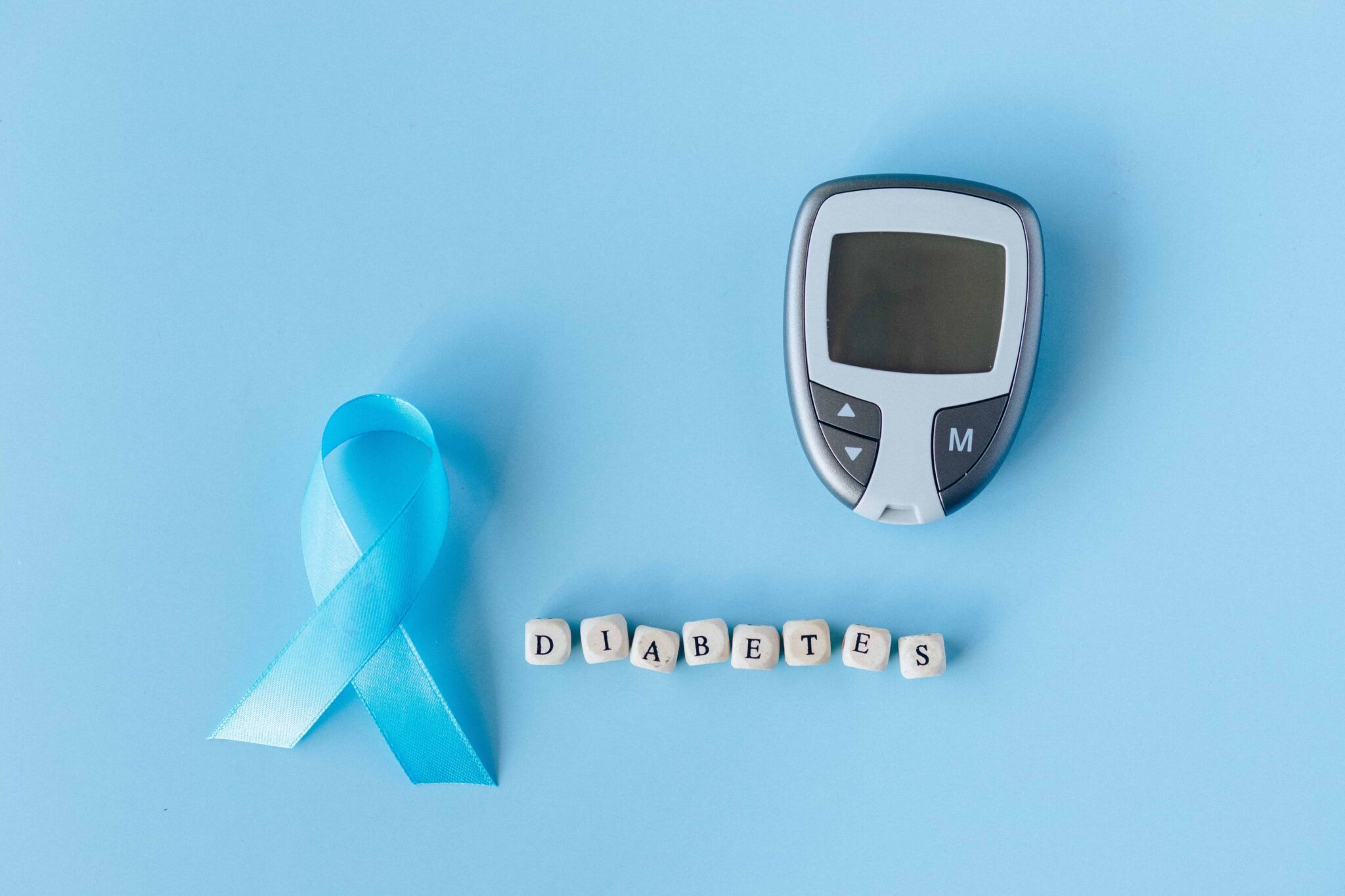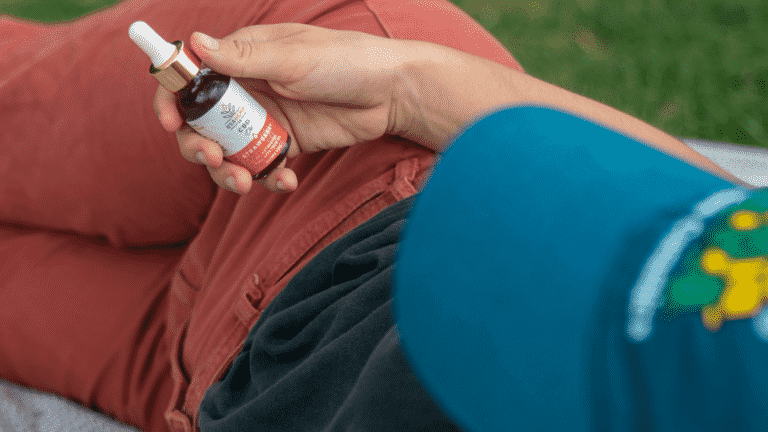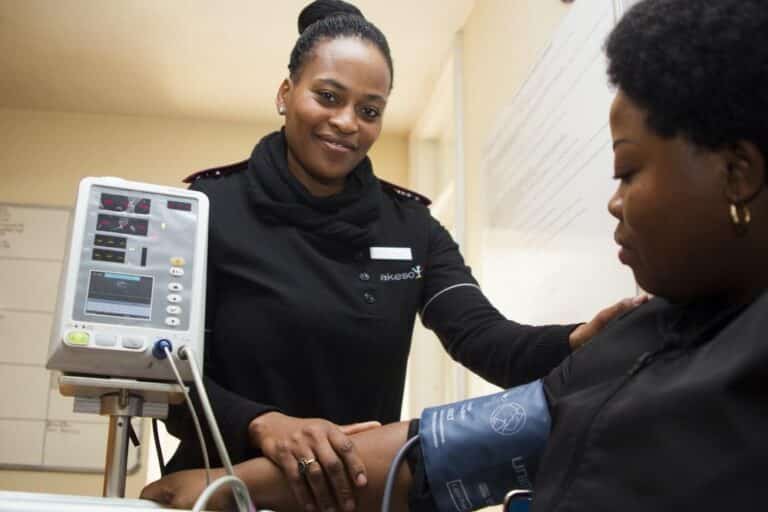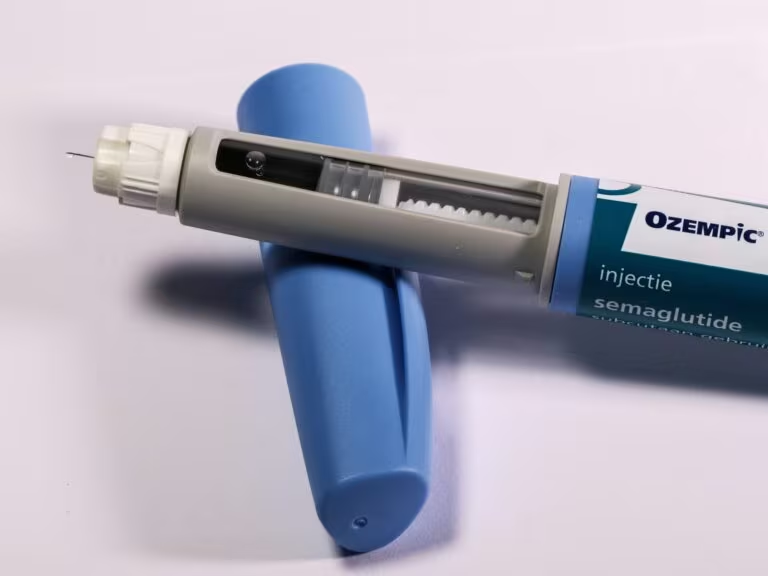How to Recover From a Stroke If You Have Diabetes
Diabetes is a common and chronic disease affecting millions of people globally. Diabetes increases the chances of having a stroke which can cause disability, brain damage, and even death. It’s presumed that a percentage of stroke patients have diabetes. So, understanding the link between a stroke and diabetes can help you recover from a diabetic stroke. Keep reading for more.
What Is a Stroke?
A stroke happens when a blood vessel in your brain bursts. A stroke disrupts the flow of blood and oxygen to the brain. Stopping the flow of oxygen and blood to your brain can damage the brain tissue, which can lead to:
- Loss of memory
- Issues controlling and expressing emotion.
- Speech impairment
- Having trouble paying attention, thinking, and making judgments
- It can lead to death
What’s the Connection Between Diabetes and Stroke?
Diabetes increases the risks for many health illnesses such as stroke. People with diabetes are 1.5 times more likely to suffer a stroke than those without diabetes.
Diabetes affects the body’s ability to make or use insulin. Insulin plays a crucial role by allowing glucose to enter the body to provide energy. But what are the main causes of stroke? Many people with diabetes are left with too much sugar in their blood. Eventually, the excess sugar builds up fat deposits inside vessels that supply blood to the neck and brain. As the clots grow, they cause the blood vessels to narrow or block. When your blood flow to the brain stops, you get a stroke.
Some of The Diabetic Stroke Symptoms
The signs and symptoms are crucial to getting someone’s help before it’s too late. The symptoms of a diabetic stroke are similar to the symptoms of stroke, for example:
- Having trouble speaking.
- Dizziness and difficulties with walking
- Sudden and severe headaches
- Sudden confusion
- Double vision
- Numbness on the side of the body
- Difficulty seeing or double visio.
- Face drooping
- The trouble with understanding a speech
How Can You Reduce Diabetic Stroke Risk?
Having diabetes poses great risks of suffering a stroke. Some risk factors for stroke, like genetics and family history, are out of your control but there are things you can do to help reduce diabetic risks. Some include:
- Checking your blood pressure and reporting problems to your doctor
- Eating a well-balanced diet to lower your cholesterol levels
- Working out
- Getting enough sleep to save energy and maintain your health
- Cutting on your salt intake to help control blood pressure
- Attend all your doctor appointments
- Stop smoking or using any other drugs
- Taking your medication accordingly
- Regularly checking your glucose levels and take measures to keep them within a healthy range
Steps Towards a Diabetic Stroke Recovery
After suffering a stroke, your brain can rewire itself to a certain degree. Areas damaged by stroke can function again. Additionally, some parts of the brain unaffected by stroke can perform tasks of the damaged tissues.
It’s important to start rehabilitation immediately because your legs and arms are the first to respond during recovery.
The first rehab starts 24 to 48 hours after your stroke if you’re stable and in the hospital. Your goal should be to get out of the chair or bed. As you continue to regain strength and function, your therapist will help you regain skills lost from the stroke. However, the intensity of each rehab varies from one person to another, depending on your condition.
After you’re released from the hospital, you can continue treating yourself at a rehab facility. Alternatively, you can go to a nursing facility if you’re opposed to going to rehab. However, having the best support system and willingness to get better beats any rehab facility.
Recovering from stroke has its set back like getting depression. It’s easy to feel you’re losing all the steps you’ve gained. But you learn to lean on your support system and discuss your frustrations with them.
Final Thoughts
As mentioned above, almost one-third of all stroke patients have diabetes. Therefore, there’s a need for uniform screening methods to identify people with diabetes and find solutions for the best recovery process. To prevent a stroke, people with diabetes should be aware of the signs of stroke. Please seek help immediately if you or your loved one start to experience any stroke symptoms.







